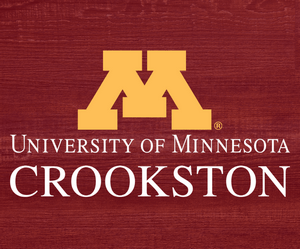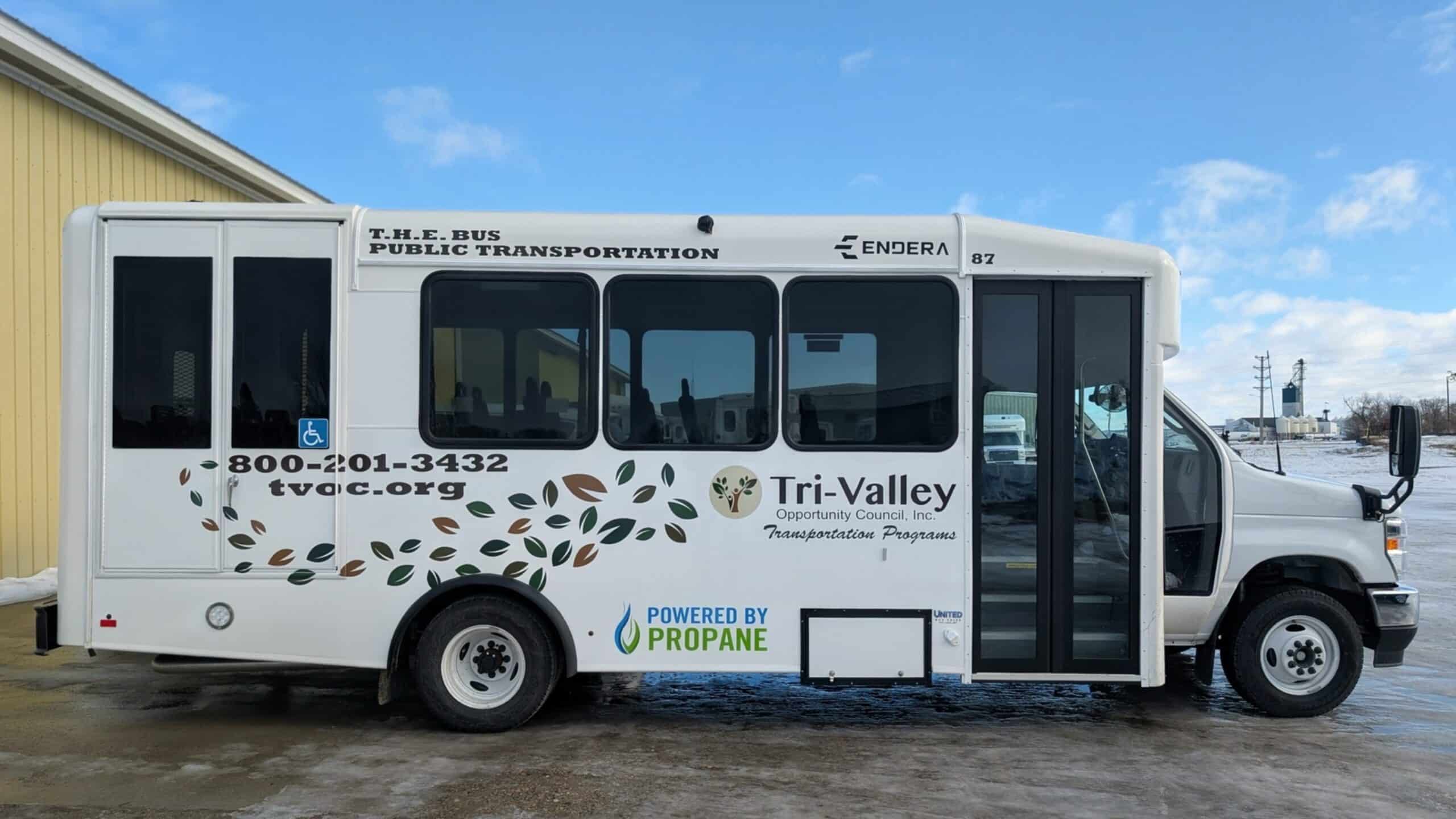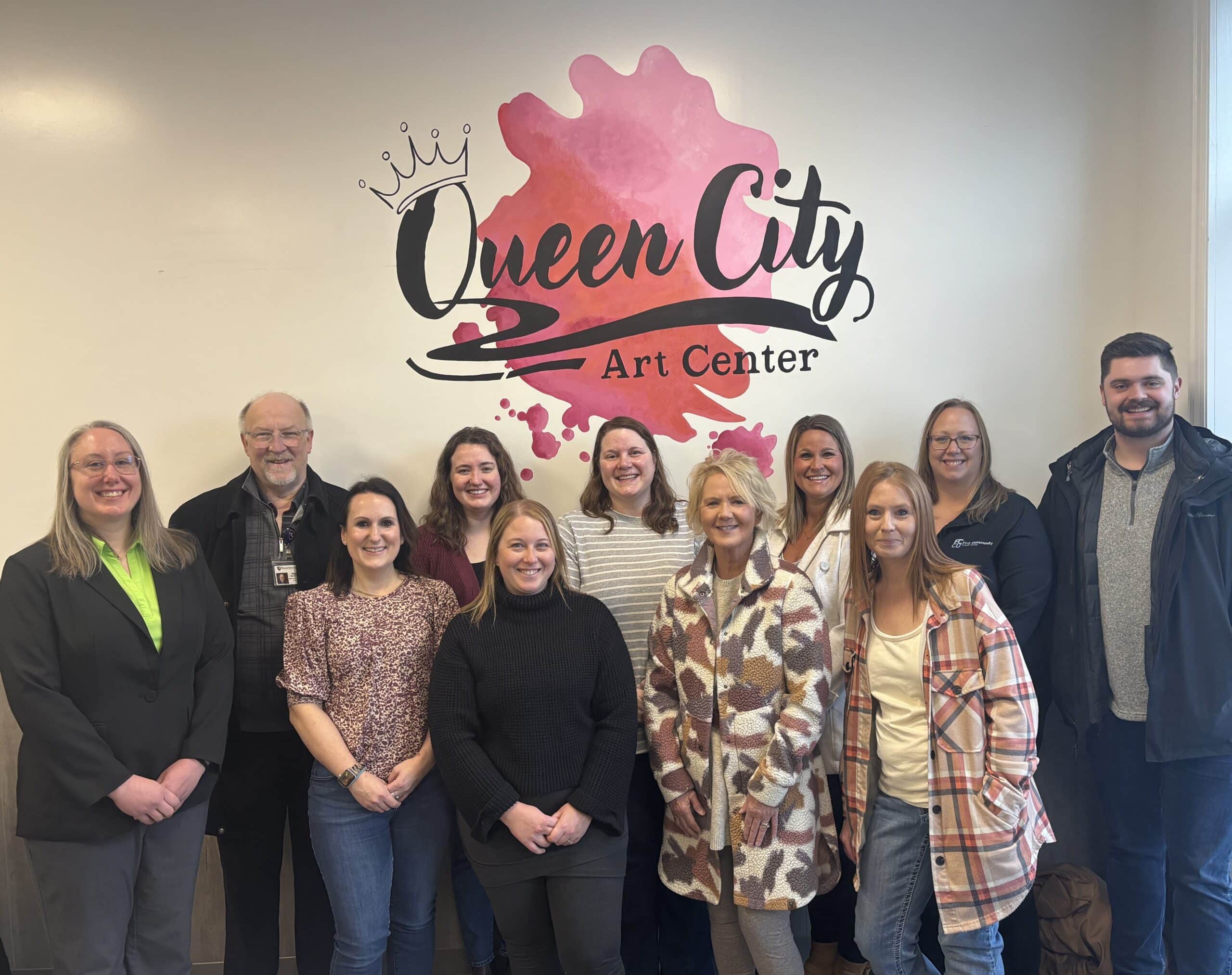The University of Minnesota Crookston has been awarded the Carnegie Elective Classification for Community Engagement and joins the other U of M campuses to be the country’s first and only university system where every individual campus has received this selective designation. The Twin Cities received their recognitions in 2006 and 2015, Morris in 2015, and Duluth and Rochester during the 2023-2024 school year alongside Crookston.
Of the nearly 4,000 qualifying U.S. universities and colleges, this prestigious recognition has been granted to only 368 institutions. Administered by the American Council on Education and the Carnegie Foundation for the Advancement of Teaching, the classification requires evidence-based documentation of institutional policies and practices that support dynamic and noteworthy university-community engagement.
“The Carnegie classification is quite an honor to achieve,” Crookston Chancellor Mary Holz-Clause stated. “It is a strong testament to the active and engaged university community involved in the community and region.”
These distinctions shine a singular spotlight on the U of Minnesota nationally and meet a stated goal in the University’s comprehensive, systemwide strategic plan (MPact 2025) for all campuses to earn this classification.
“With five campuses — in addition to Extension, research and outreach centers, and partnerships in each of Minnesota’s 87 counties — the U of Minnesota serves all Minnesotans,” said Interim President Jeff Ettinger. “We are proud to be a national leader in community engagement and to see the dedication of faculty and students at all campuses reflected in this designation, as well as in the important progress on the University’s strategic goals.”
In addition to building institutional solid structures supporting community engagement, accomplishments highlighted in the recent applications include Crookston’s commitment to community partnerships related to economic development; Duluth’s award-winning community-engaged work ranging from food security to sustainability; and Rochester’s health-centered partnerships, community-integrated campus environment and community-based learning requirement for all students.
“Robust public engagement and mutually beneficial community partnerships are increasingly recognized as critical to the University’s teaching, research, and outreach missions, as well as to students, scholars, legislators, funders and Minnesotans in general,” said Laurie Van Egergen, vice provost for Public Engagement. “Community engagement deepens learning for students and is an important way to apply University resources to complex social, environmental, and economic problems.”

Tags:



